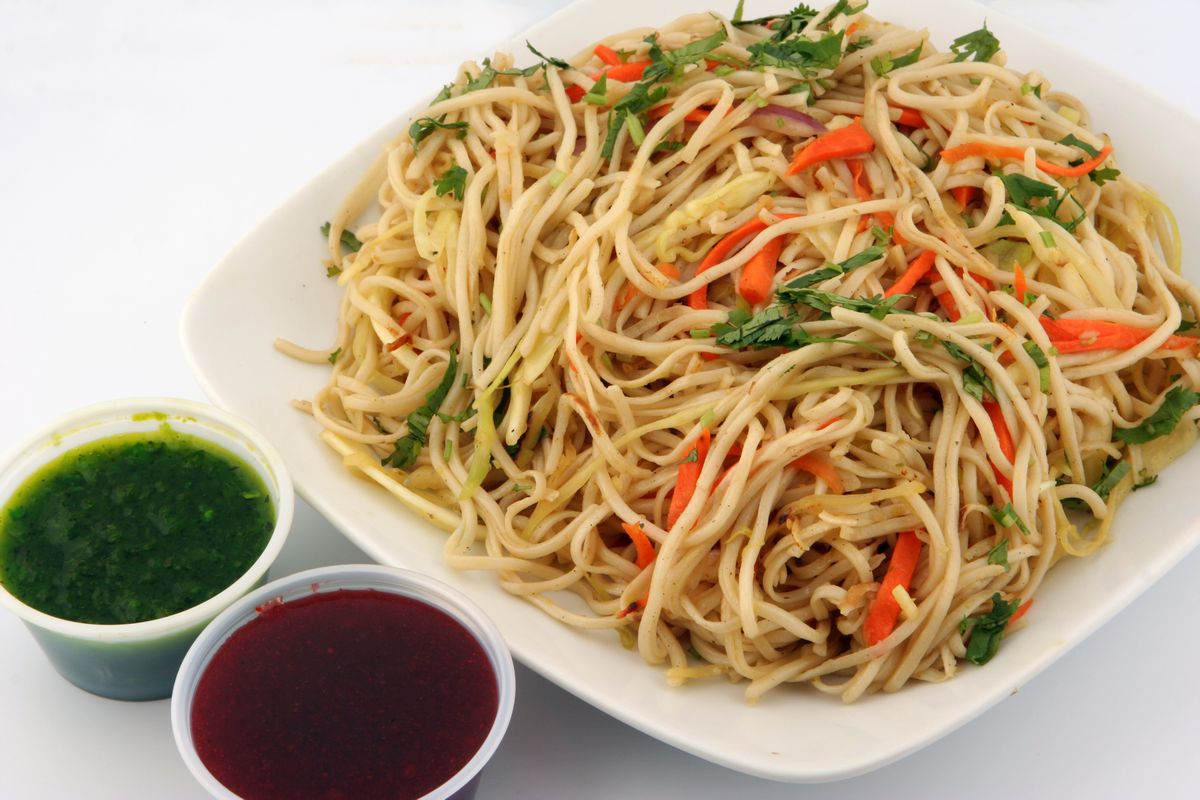Ultra-processed foods are having a negative impact on the diversity of plant species available for human consumption while also damaging human and planetary health, according to a commentary published in the journal BMJ Global Health.
Ultra-processed foods such as sweetened or salty snacks, soft drinks, instant noodles, reconstituted meat products, pre-prepared pizza and pasta dishes, biscuits and confectionery, are made by assembling food substances, mostly commodity ingredients, and ‘cosmetic’ additives (notably flavours, colours and emulsifiers) through a series of industrial processes.
Advertisement
Nutrition experts from Brazil, the US and Australia have investigated the issue and warned that these products are the basis of a ‘globalised diet’ and are becoming dominant in the global food supply, with sales and consumption growing in all regions and almost all countries, particularly in the upper-middle-income and lower-middle income countries.
According to the experts, the global agrobiodiversity – the variety and variability of animals, plants and microorganisms used directly or indirectly for food and agriculture — is declining, especially the genetic diversity of plants used for human consumption. Peoples’ diets are becoming less diverse, with ultra-processed foods replacing the variety of wholefoods necessary for a balanced and healthy diet.
As much as 90 per cent of humanity’s energy intake comes from just 15 crop plants, and more than four billion people rely on just three of them – rice, wheat and maize.
Production of ultra-processed foods involved greater use of ingredients extracted from a handful of high-yielding plant species (such as maize, wheat, soy and oil seed crops) which meant that animal-sourced ingredients used in many ultra-processed foods were often derived from confined animals fed on the same crops.
Another issue of concern was that ultra-processed food production used large quantities of land, water, energy, herbicides and fertilisers, causing environmental degradation from greenhouse gas emissions and accumulation of packaging waste.
“The very rapid rise of ultra-processed foods in human diets will continue to place pressure on the diversity of plant species available for human consumption,” said Fernanda Helena Marrocos Leite, from the School of Public Health at University of Sao Paulo in Brazil, and her team.
“Future global food systems fora, biodiversity conventions and climate change conferences need to highlight the destruction of agrobiodiversity caused by ultra-processed foods, and to agree on policies and actions designed to slow and reverse this disaster,” Leite added.











